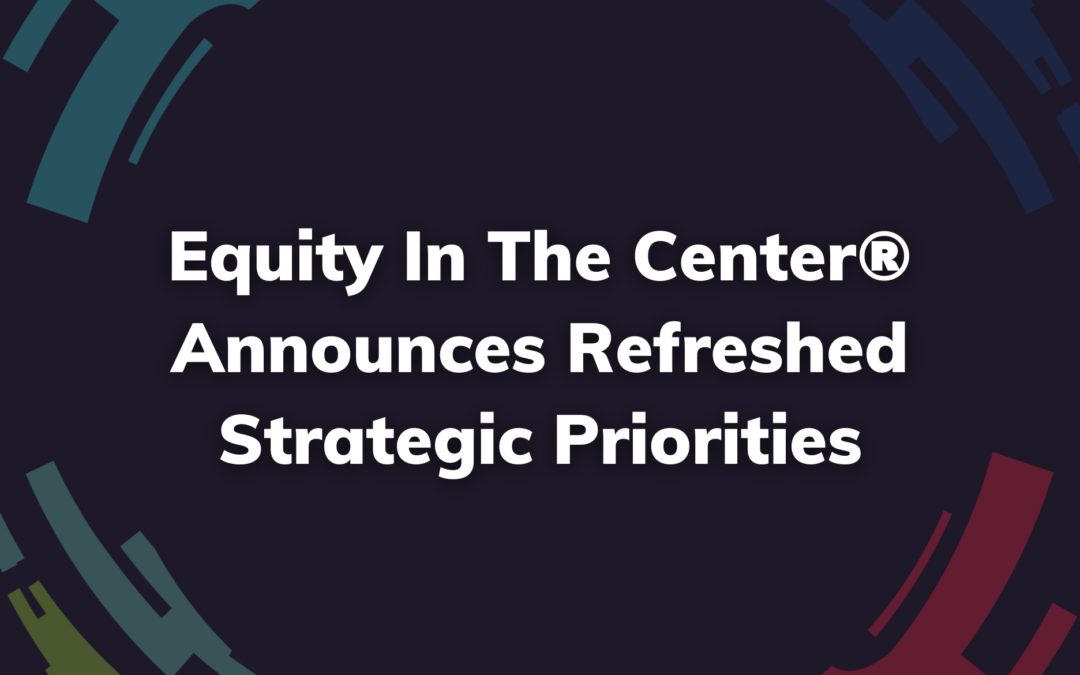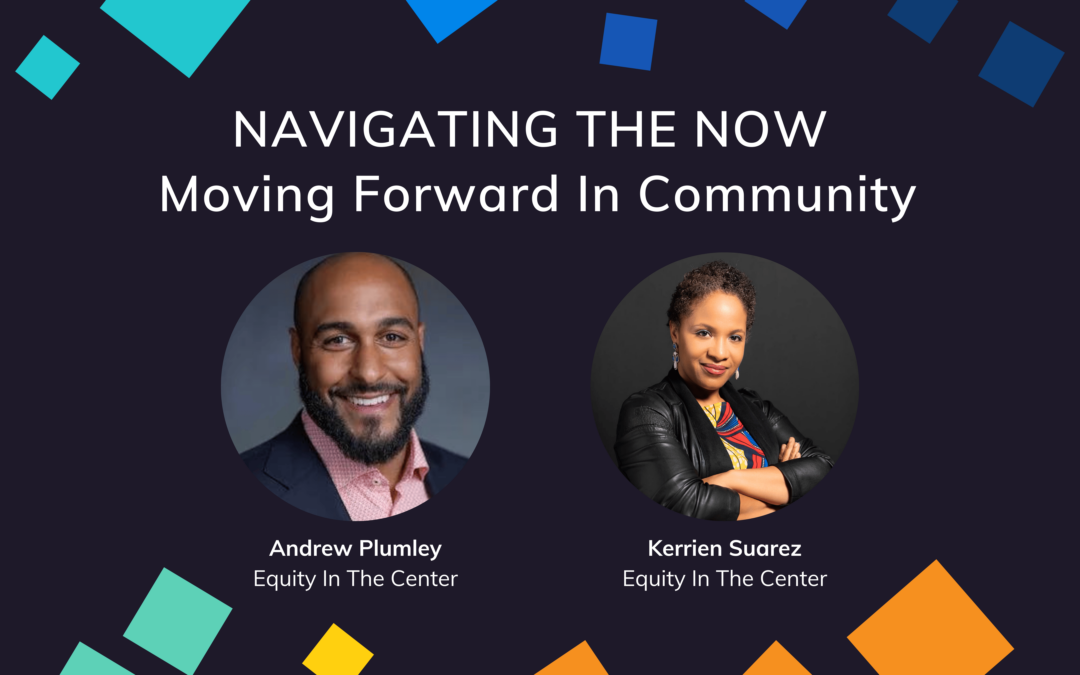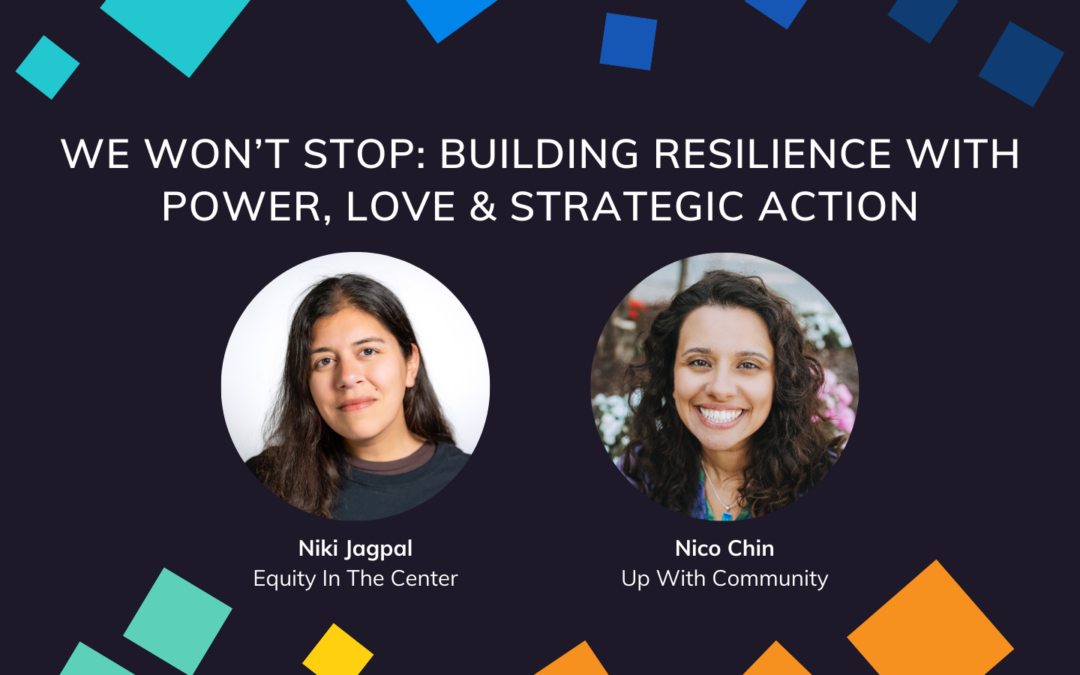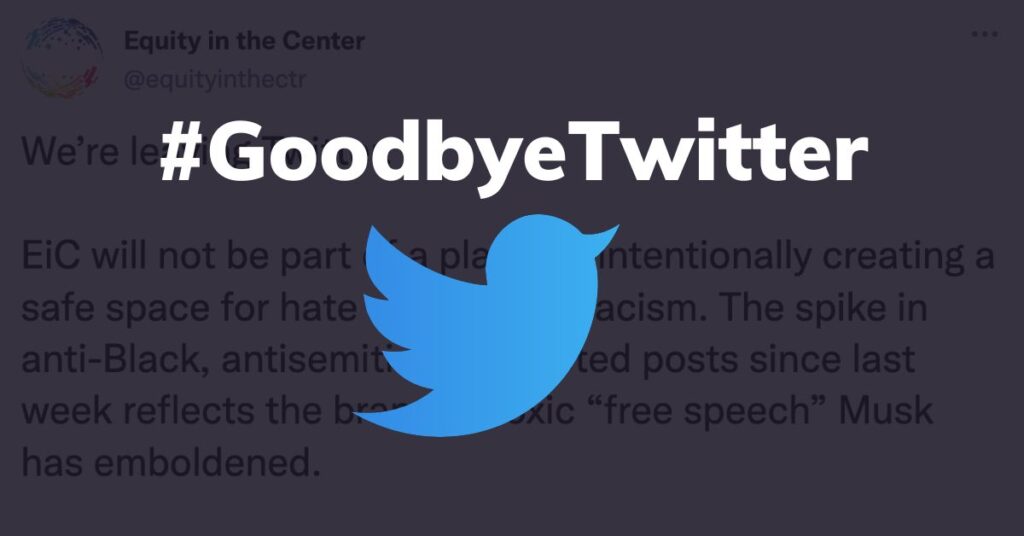
After six years on Twitter, Equity in the Center announced that we were deleting our account on November 1, 2022. It was an easy decision after seeing the spike in anti-Black, antisemitic, and bigoted posts that reflect the toxic “free speech” Elon Musk has emboldened as CEO.
As a start-up organization driven by race equity, we strive to make decisions that are aligned with our values AND recognize the importance of being held publicly accountable to those values. Our announcement to leave Twitter was followed by a wave of support from many individuals and organizations who appreciated the transparency and agreed with the decision, but weren’t sure if or how they might do the same.
In the time since we deleted Twitter, the chaos, conspiracy theories, and misinformation that has proliferated affirmed our decision to leave and not look back. We continue to encourage peer organizations to join us in building virtual communities outside of Twitter (you can still find us on LinkedIn, Facebook and Instagram).
If your organization is currently struggling with whether or not to leave Twitter, we hope this recent article from Meyer Memorial Trust, detailing their decision to take an indefinite break, will help. It includes data on the proliferation of hate speech on the platform, as well as resources and tools to support those also considering an exit: We’re Taking a Break from Twitter.
